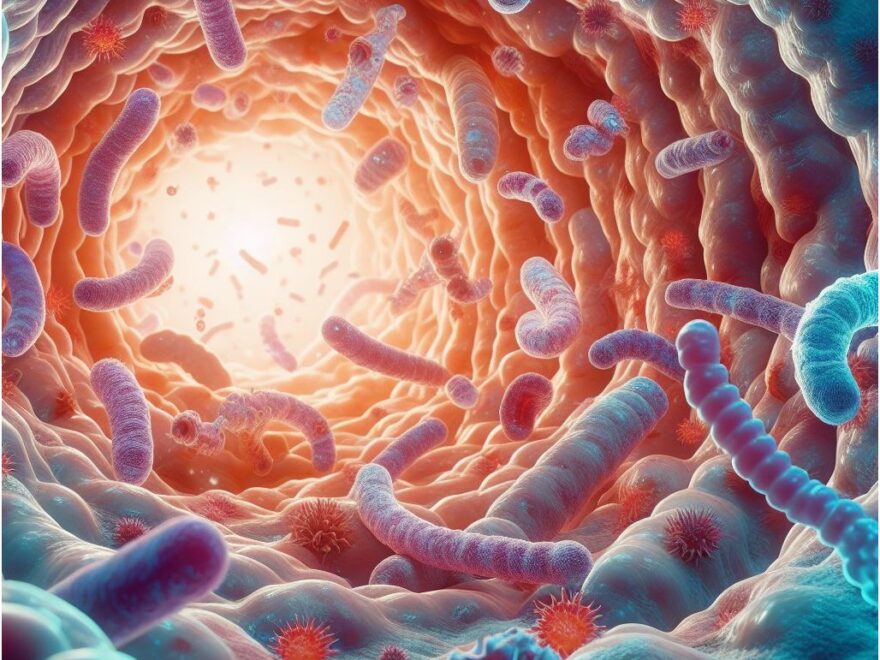Dietary changes are extremely important in the treatment of SIBO (small intestine syndrome). SIBO is a condition in which there is an overgrowth of bacteria in the small intestine, which can cause a range of digestive symptoms, such as bloating, abdominal pain, diarrhea, constipation, etc. malabsorption of nutrients. One of the main treatment strategies for SIBO is to follow a specific diet that helps control bacterial growth in the small intestine. The SIBO diet generally focuses on limiting fermentable carbohydrates, which are the main food source for bacteria in the small intestine. This may include reducing foods rich in fructose, lactose, fructans, galactans, etc. polyols (collectively known as FODMAPs), as well as foods that are especially prone to be fermented in the small intestine, like refined sugars? sugar alcohols. A study published in the Journal of Gastroenterology Hepatology found that a low FODMAP diet can significantly reduce symptoms of SIBO, like bloating? abdominal discomfort. Another study, published in Clinical and Translational Gastroenterology, found that a diet low in fermentable carbohydrates improved symptoms of SIBO in patients who also received antibiotic treatment. Additionally, some specific foods can be used ?as part of? treatment of? SIBO. For example, foods rich in soluble fiber, such as flaxseed, chia seeds, etc. Can carrots help? improve symptoms by helping? regulate intestinal transit? Promote a healthier environment in the small intestine. It is important that changes in diet are essential for the treatment of SIBO. By limiting fermentable carbohydrates? consume foods that can help? controlling bacterial growth in the small intestine, is it possible to reduce symptoms? improve the quality of life of those who suffer from this condition.
